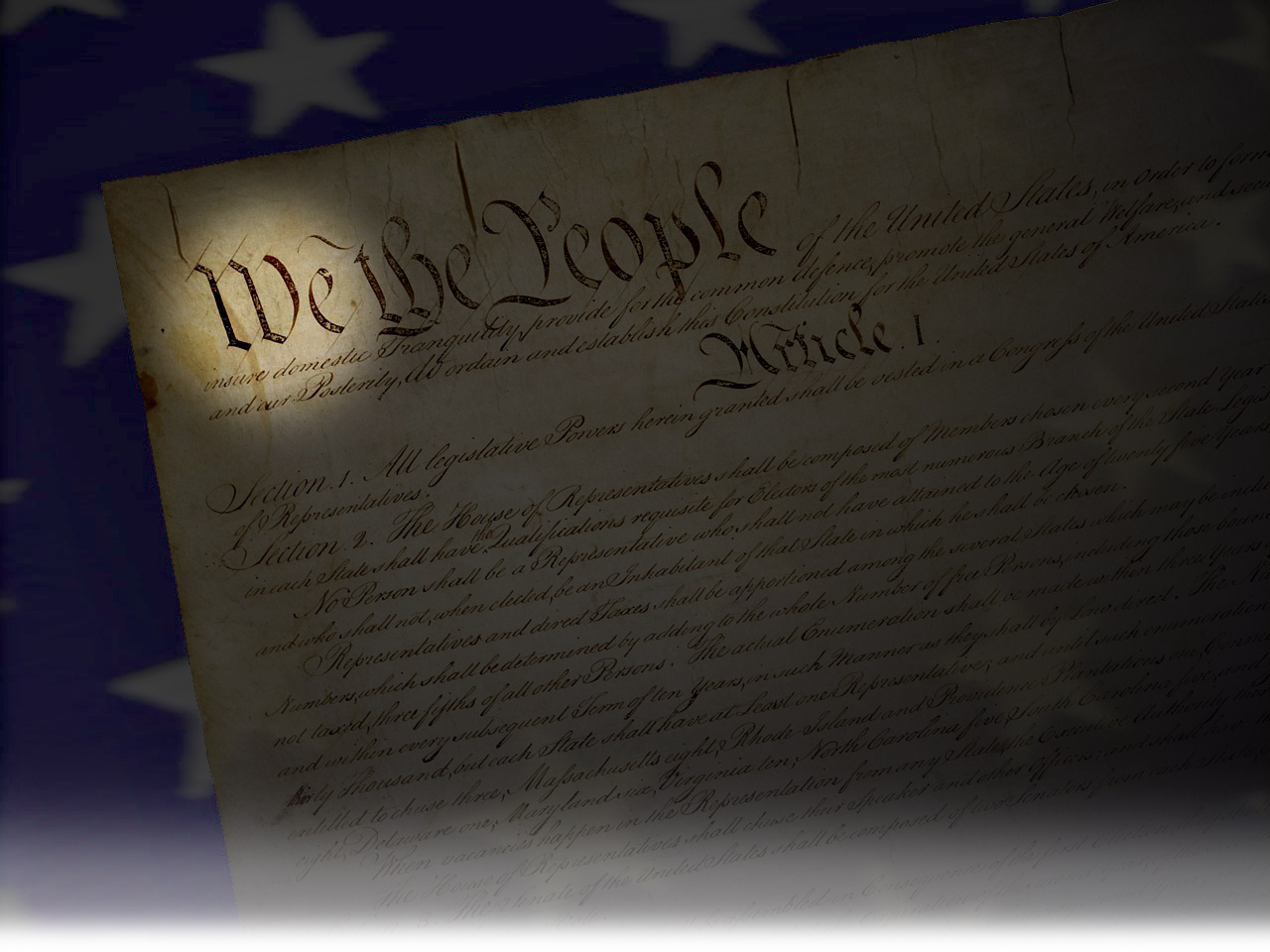

Seventy years ago, Virginia was ordered to desegregate its public schools, but it would be four years after the Supreme Court's decision in Brown v. Board of Education that the state, under pressure from business leaders, reluctantly moved to comply. In December 1958, conservative Democratic Governor Lindsay Almond, who was committed to preserving racial segregation, was warned by 29 business and professional leaders that the state's economy could suffer if it continued to defy the landmark ruling. The business leaders, including influential banker J. Harvie Wilkinson Jr. and lawyer Lewis F. Powell, who would later become a Supreme Court Justice, organized an unannounced dinner meeting to convey their concerns. They emphasized that the state's policy of Massive Resistance was not only lawless but also a deeply moral wrong that failed to treat Black Virginians with dignity and respect. Virginia's response to the Brown decision unfolded over five years, with the state deliberately closing schools targeted for desegregation. However, on January 19, 1959, the Virginia Supreme Court and a federal court in Norfolk ruled that school closings were unconstitutional. Schools in Charlottesville, Front Royal, and Norfolk had been closed by state decree, and Prince Edward County, the origin of the Virginia case in the Brown dispute, kept its schools closed until 1964. It was only then that they were reopened under pressure from a federal commission.
Seventy years after the landmark Brown v. Board of Education ruling, the United States still faces significant challenges in achieving school integration and equality. According to a report by the Center for American Progress, approximately 40% of America's school districts are hypersegregated, meaning that at least three-quarters of students come from low-income households. These hypersegregated schools often lack adequate facilities and resources, leading to difficulties in learning and thriving [4fc026eb].
Research has shown that Black teachers are more likely to leave the teaching profession compared to educators from other racial groups, citing burnout, disrespect, and racism. This further exacerbates the challenges faced by students in hypersegregated schools. Additionally, school funding disparities persist, with high-poverty districts that serve predominantly students of color receiving less funding per student on average. In contrast, predominantly white school districts receive $23 billion more in funding, despite serving a similar number of children. These disparities contribute to the perpetuation of segregation and resource deprivation, which directly impact the education and opportunities available to Black children [4fc026eb].
While progress has been made since the Brown decision, it is evident that the issue of school segregation and inequality continues to persist in the United States. Efforts to address these challenges and promote equal access to quality education for all students remain ongoing.
The question of 'integration' versus 'separation' in the Black community is a topic of discussion and debate. Minister Louis Farrakhan and the Most Honorable Elijah Muhammad have expressed their perspectives on this issue. They argue that integration has not brought true freedom and equality for Black people and that separation is necessary for their empowerment. The historical background of segregation and separation is explored, along with the government's policy of integration. The decline of Black institutions and the negative impact of integration on education and healthcare are also mentioned. The article concludes by emphasizing the importance of separation for the well-being and progress of the Black community [52a4f414].